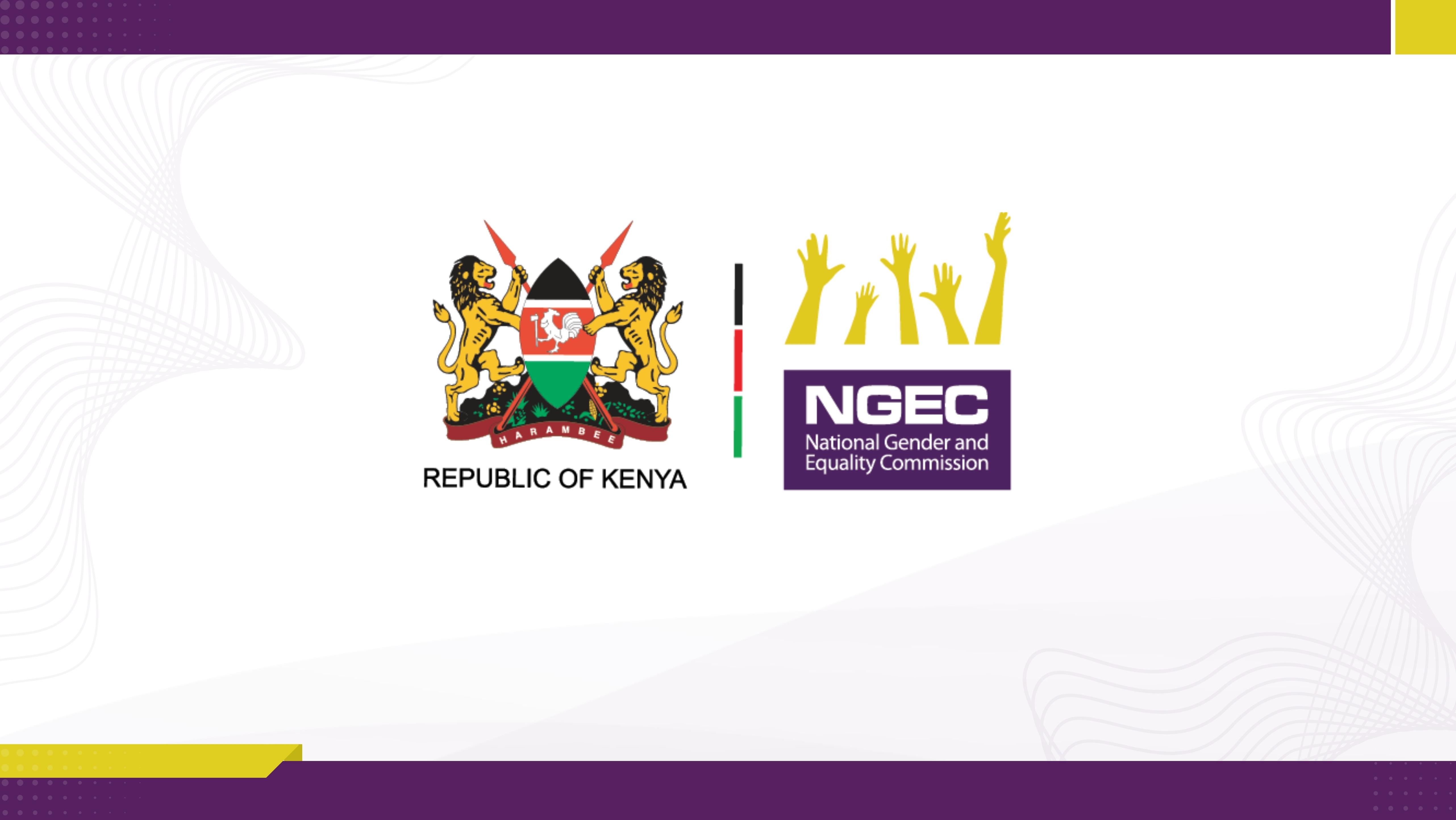The Future of Mobility: Multi-Stakeholder Training Equips Leaders for Inclusive Transport Systems
In a bid to foster safe, inclusive, and sustainable transport systems, the Nairobi Metropolitan Area Transport Authority Board of Management (NaMATA) has spearheaded a multi-stakeholder training programme aimed at equipping key decision-makers with advanced skills in negotiation, influence, and collaboration. The initiative, held in partnership with urban planners, transport authorities, and community representatives, seeks to embed people-centred approaches in transport planning to benefit older members of society, children, persons with disabilities, and other vulnerable groups.
The training session, attended by government officials, transport engineers, and civil society organisations, underscored the urgency of integrating inclusive mobility into urban development strategies.
According to recent urban transport studies, poorly designed infrastructure disproportionately affects marginalised populations, limiting their access to essential services, employment, and economic opportunities. By engaging diverse stakeholders, the Commission is advocating for equitable transport policies that prioritise accessibility, safety, and efficiency.
The training emphasised the importance of collaborative engagement, ensuring that transport solutions are informed by the lived experiences of different groups.
Speaking at the training, NGEC representatives reiterated the significance of an intersectional approach. “When we plan our cities, we must ensure that transport systems are safe and accessible to everyone. This means engaging communities in decision-making and promoting policies that leave no one behind,” noted a senior official.
Experts at the training highlighted the role of innovative urban mobility solutions, such as pedestrian-friendly streets, universally accessible transport hubs, and digital technology to streamline transit services.


Comments